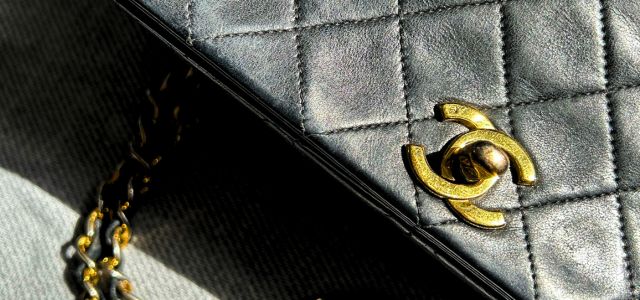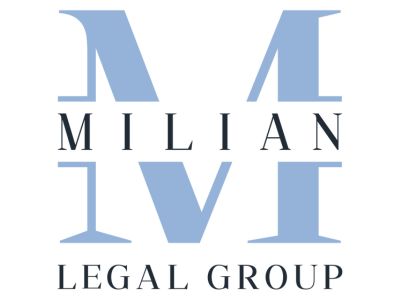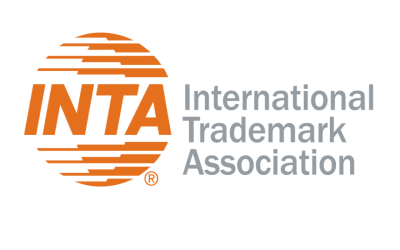For over 114 years, the Chanel fashion house has produced immediately recognizable high-fashion apparel and accessories synonymous with elegance and luxury for the international market.
With prices for some of its handbags regularly exceeding the USD 5,000-10,000 range in its boutiques, Chanel has become a sought-after and in-demand brand in the secondhand luxury resale market.
As a growth sector estimated at USD 49.3 billion, the secondhand resale market has become an attractive option for purchasers who may be looking for a hard-to-find or sold-out bag, a vintage piece, or simply to source a luxury pre-owned handbag at a more accessible price point.
The recent ruling in Chanel v. What Goes Around Comes Around (WGACA) is timely for this thriving sector of the resale market and highlights the tensions and considerations inherent to both consumers and brands in this space. The balance is delicate. Brands have a pressing and demonstrable right to protect their valuable intellectual property (IP).
In the secondhand market, the right to sell luxury branded goods is governed by the “first sale doctrine.” This principle generally allows for the resale of authentic products without the original IP owner having any recourse to prevent the resale. The resale of the goods is not lawful, however, if the goods are not “genuine” or are “materially different” from those authorized at the original point of sale by the IP owner.
In a legal battle that lasted nearly six years, Chanel vigorously defended its brand by alleging that the reseller WGACA sold counterfeit goods, infringed Chanel’s trademark, engaged in false advertising and unfair competition, and falsely suggested Chanel’s endorsement.
Chanel claimed the reseller made claims of guarantee as to the authenticity of Chanel products and utilized various advertising methods, including hashtags and promo codes, misleading customers into believing there was a formal partnership with Chanel. Chanel made clear that it does not guarantee the authenticity of pieces sold by WGACA and is in no way affiliated with them.
On February 6, 2024, a jury returned a unanimous verdict in Chanel’s favor, awarding Chanel USD 4 million in statutory damages, with additional damages to be assessed post-verdict.
Chanel has consistently taken a strong stance to safeguard the reputation and integrity of its branded products. With reported annual sales in 2022 of USD 17.2 billion, Chanel has a significant economic interest in protecting its brand reputation and ensuring consumer confidence in the luxury retail market.
While post-verdict motions are yet to be heard, this victory for the fashion house sends a clear signal to operators in the secondhand luxury market about the importance of careful advertising, authenticating products, and maintaining the integrity of inventory to weed out counterfeit items.
The rise in availability of increasingly sophisticated counterfeit products, known as “super fakes,” demands greater caution and responsibility from resale market sellers. Ultimately, implementing enhanced practices designed to authenticate luxury goods before allowing them to enter the stream of commerce as part of the secondhand market benefits consumers by safeguarding them against inadvertently purchasing counterfeit items. Greater scrutiny also supports brands in preventing erosion of consumer trust and brand value due to the circulation of substandard counterfeit goods.
The secondhand luxury market shows no sign of contracting, and measures that proactively protect both brands and consumers will undoubtedly contribute to a more secure and trustworthy market benefitting both sides of the transaction.

Written by Elizabeth Milian, Esq.
Managing Partner, The Milian Legal Group
You may also like…
INTA files statement in intervention in EU case on the inherent distinctiveness of color combination trademarks
New York, New York—July 24, 2024—The International Trademark Association (INTA) has filed a Statement in...
Bytedance stumbles in Singapore: IPOS rejects TIKI trademark challenge
The social media giant Bytedance, owner of the ubiquitous TikTok platform, recently suffered a setback in Singapore....
TOUR DE FRANCE fails in the third stage against German fitness studio chain
At the end of June, the 111th edition of the Tour de France kicked off. June also saw the end of a dispute between...
Contact us to write for out Newsletter














